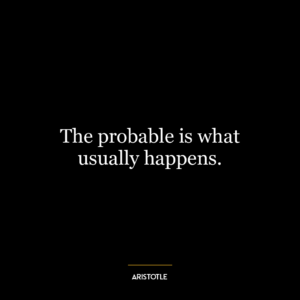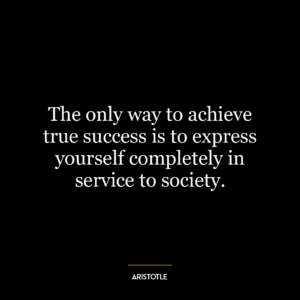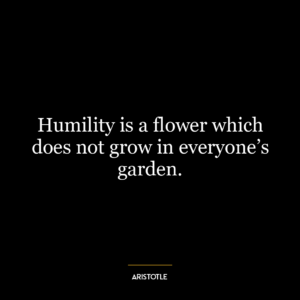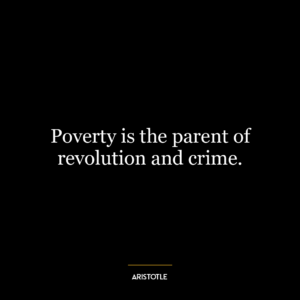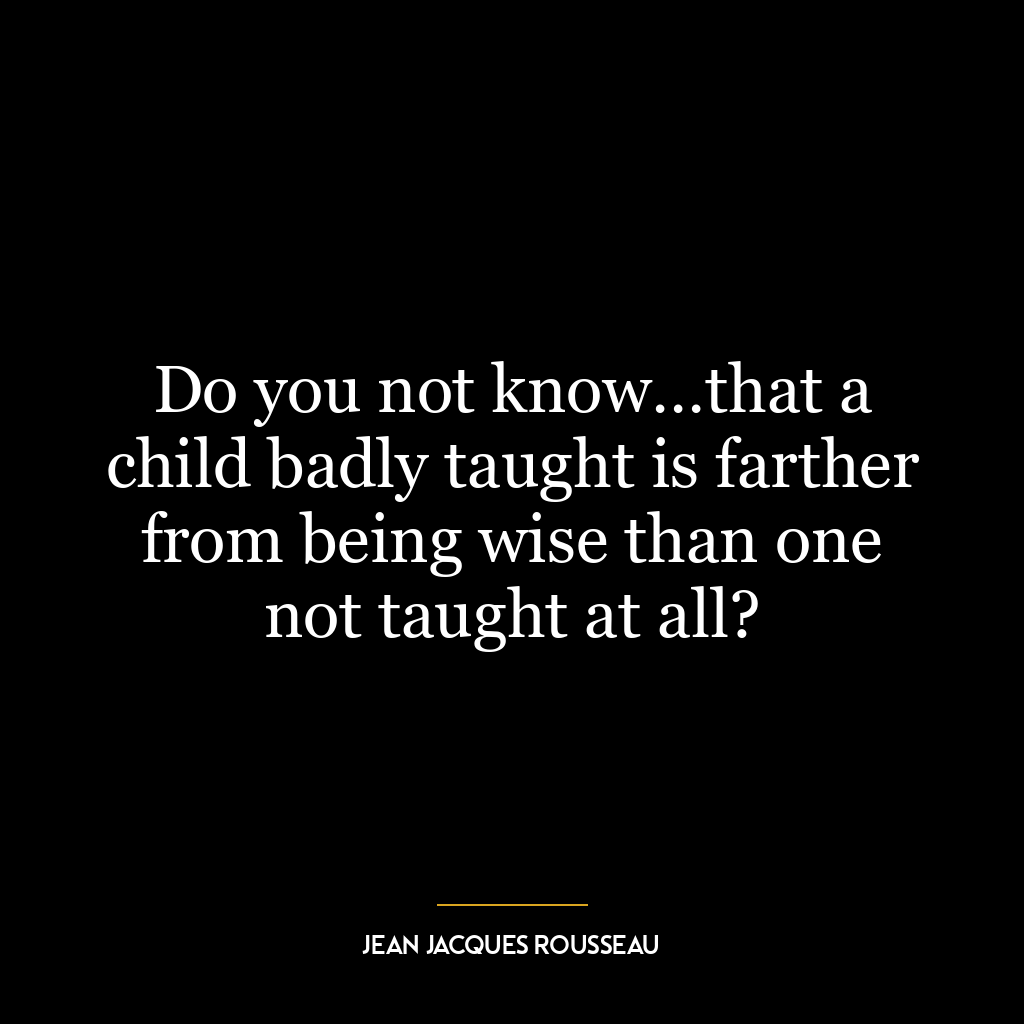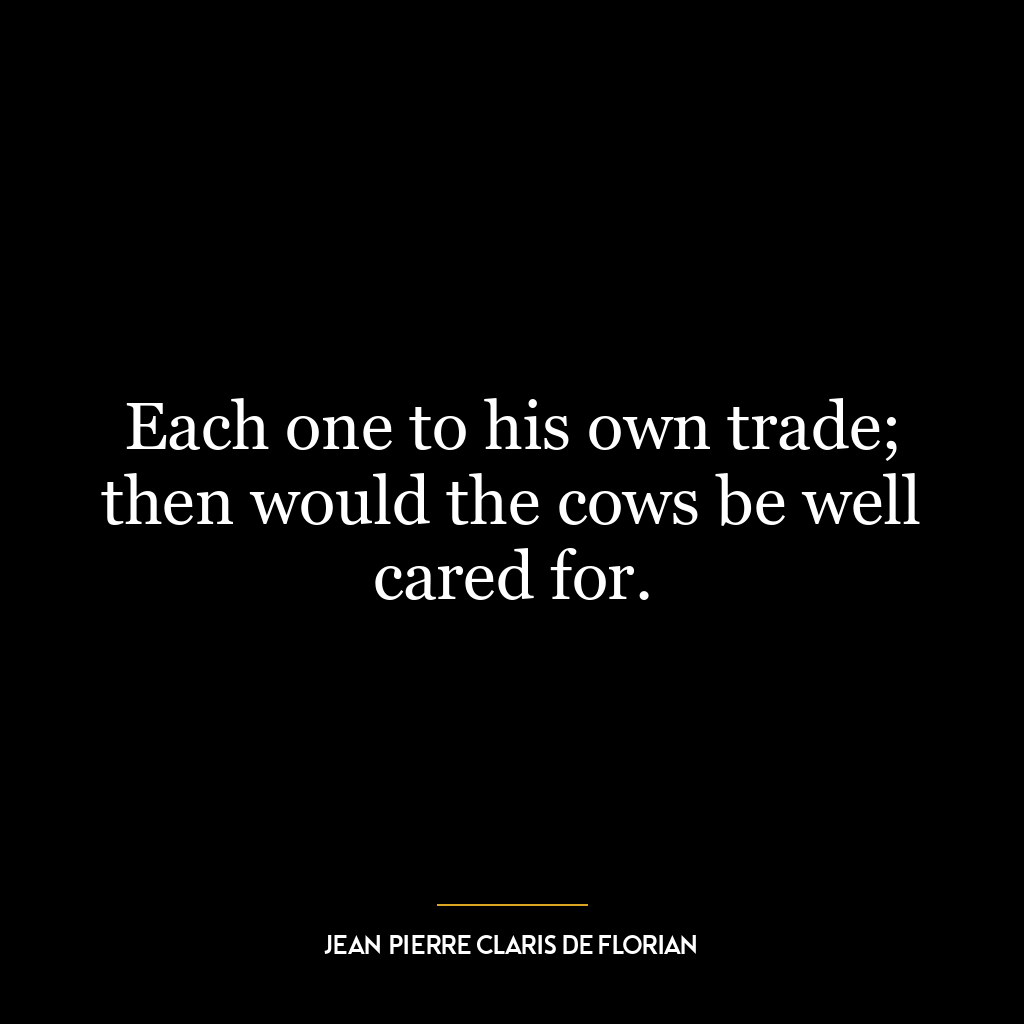This quote implies that things shared by many often receive less attention and care because people tend to assume that someone else will take responsibility for them. It’s a reflection of the psychological phenomenon known as the diffusion of responsibility, where individuals are less likely to take action or feel a sense of responsibility in a group setting, assuming that others will do so.
In today’s world, this concept is evident in various aspects of society. For instance, in environmental conservation, many people believe that their individual actions won’t make a significant difference to the overall state of the environment, assuming that larger entities like governments or corporations will handle it. This leads to less personal responsibility and care towards the environment, exacerbating issues like pollution and climate change.
In the context of personal development, this quote suggests the importance of taking individual responsibility and not relying on others to drive one’s growth and improvement. Often, individuals may adopt a passive attitude towards their personal development, assuming that external factors such as their environment, education, or job will naturally lead to their growth. However, this quote highlights that real personal development requires active involvement and care from the individual themselves.
In essence, the quote underscores the idea that collective responsibility often leads to negligence, and emphasizes the importance of individual responsibility in both societal and personal contexts.



